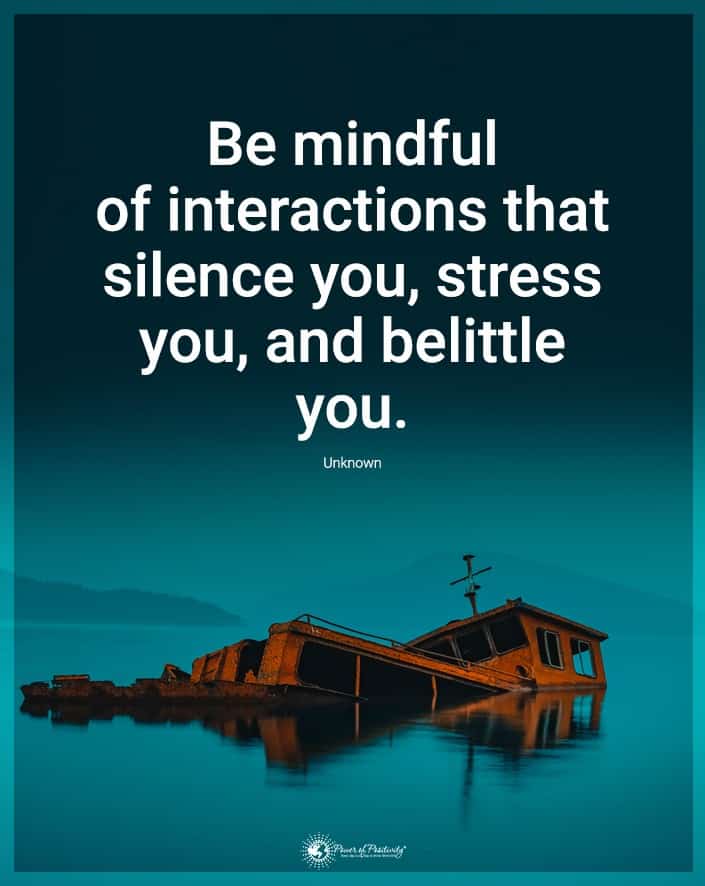You wake up, go to check your phone, and realize your best friend hasn’t responded in more than a day. You start to get worried, asking yourself, “Are they ok?” “Are they still alive?” “Do they have family issues?”. Then you start calling them, once, twice. Eventually, you have called them about twenty times, texted them, checked social media, and nothing. Has your best friend ghosted you–without you ever knowing what even went wrong in the first place?
Have you ever been in a similar situation?
Ghosting is a practice that has existed for ages and ages, though it only recently got an official name. We live in a society where social pressures and expectations become heavier and social media often overpowers genuine connections. Thus, ghosting is more frequent than some might think.
What Is Ghosting, And Why Does It Hurt?
 Contrary to popular belief, the act of ghosting is not reserved for romantic relationships only. Nor does it tend to happen more often in romantic cases. You will find ghosting behaviors in all kinds of relationships. Think acquaintances of everyone from work relationships to best friends, partners, and even family.
Contrary to popular belief, the act of ghosting is not reserved for romantic relationships only. Nor does it tend to happen more often in romantic cases. You will find ghosting behaviors in all kinds of relationships. Think acquaintances of everyone from work relationships to best friends, partners, and even family.
It is so common nowadays that a study of 1300 people found almost 39% of the participants were ghosted by a friend, and about 32% admitted to doing the ghosting themselves. Another survey found even higher numbers, stating that 65% of participants had ghosted someone and 72% had been ghosted.
According to Kelifern Pomeranz, Psy.D., a clinical psychologist, and relationship expert, ghosting is the act of terminating a relationship by abruptly ceasing all contact and communication with someone without offering any justification or explanation while also ignoring the ghostee’s attempts to reach out.
Ghosting is more or less abandonment. Your friend leaves you behind without valid answers to your questions, just wondering what you did wrong and why it wasn’t enough. Karen Ruskin, Psy.D., a relationship and behavior expert, validated this, who stated that ghosting makes the person left behind feel dismissed. It makes them feel like they have been thrown away, discarded. Being abandoned leads to lower self-esteem, anxiety, self-blame, and low self-worth.
The fact that a reason, closure wasn’t provided for the ghosting hinders the healing process of the ghostee, not allowing their brain to ponder over the relationship and learn from experience. This can lead to long-term mental distress. Lack of closure can lead to increased feelings of mistrust in future relationships and increases concerns about the possibility of abandonment.
Your Best Friend Ghosted You…Why?
What was your bestie thinking? Here are five things that might have been in their mind.
1. They Ghosted You To Avoid Having A Confrontation
Your closest friends are probably the ones you would have never imagined being scared to tell you what’s on their minds. But precisely because they have once been so close to you, because they know you trust them and care about them, they might be the most afraid to confront you with the truth if the relationship grows cold.
Vinita Mehta, Psy.D., a clinical psychologist and relationship expert, explains that people ghost because they want to avoid confrontation and risk hurting their or the ghostee’s feelings.
There are many reasons why someone might want to avoid confrontation at all costs, but whatever the reason, all people tend to stray away from it as much as possible.
For some, it’s their upbringing. They are either raised to bail when things are hard, or they have been in so many conflicts with family and other friends that they are scared of having to deal with that pain again. For others, it might be out of fear of not being liked. So a talk about why they want to stop being friends puts them at risk of confronting their issues. Some fear confrontation because they fear failure. For them, having to see something end or chance being wrong in front of others makes them want to bail as soon as possible.
For most, it’s just about not understanding that a discussion is not only what the other deserves but the best way to find closure for both parties involved.
Whenever you feel like the person who ghosted you is afraid of confronting you, either try to text them that talking to you is a safe environment in which to express their feelings. If that doesn’t work, remember that you are not to blame someone else failing to communicate appropriately.
2. They Ghosted You Because They Lack Empathy
Sometimes even the people you trusted most lacking empathy. You might find out that the only reason they were your friend in the first place was only for their benefit.
Ghosting is a clear sign of emotional immaturity; it shows that the person doing the ghosting might have a low EQ (emotional intelligence). Ghosting allows them not to have to face any backlash when giving up on their friendship. Thus, the behavior enables them to emerge unscathed. It also saves them from the pain of introspecting and potentially accepting that they did something wrong.
People who lack compassion for others, or choose to put their feelings first in a powerful way, to the point where they end up causing others pain, weren’t your friends, to begin with.
3. They Ghosted You Because They Can’t Handle All Of Their Social Connections
There was a time when you and your best friends were so close that no one could separate you. You had gatherings at least weekly, told each other everything, and talked every day. But now you can’t seem to remember the last time you went out for a coffee with them, the last time you texted or even saw them.
You might have wanted to avoid that. Or you might have tried to keep everyone together. But know that one day they just disappeared from your life.
As people grow older, they also tend to grow apart. That doesn’t mean that the fact they ghosted you is justified, it isn’t, but it might explain why some people disappear without reason.
The more circles someone enters, the harder it is for them to juggle every single relationship. Someone’s workplace, hobbies, life partner, and so on always drastically affect their social life. They might find that spending time with colleagues is better for their professional life. They might sacrifice their relationship with you to make time for those social activities that help them in other aspects of life.
Don’t cry over these kinds of people. If they chose to ghost you because they couldn’t value your friendship over other circles, that person wouldn’t have been there for you in times of need.
 4. They Ghosted You Because Are Too Busy
4. They Ghosted You Because Are Too Busy
On the surface, this might seem like a pathetic excuse. Do some people not value others enough to make time? But it isn’t as simple as it looks.
Until now, we discussed egotistical, mean reasons for ghosting someone. But sometimes, ghosting isn’t personal. Sure, it’s still wrong not to tell someone you are overwhelmed with work or personal issues. Thus you will not be able to maintain a close friendship, but sometimes it happens.
As time passes, responsibilities add up. Maybe it’s a more draining job, new hobbies, maybe they started a family, and they have to give it a hundred percent. Many things in life keep people occupied, so they can barely get a good night’s sleep.
Again, they did not explain this to you, but you must still be compassionate and consider this a probability. And remember, even if your friend ghosted you in hectic times, you need to cut your friends some slack and stop worrying; when they have the time again, you can still reconnect.
5. They Are Dealing With Trauma…and They Ghosted You Without Harmful Intent
Many people are dealing with situations you don’t know about, even your best friends. No matter how close you are, they might be scared to share what they are going through.
They might need to isolate themselves when dealing with complex and painful situations. The isolation lets them continue a relationship where they have to pretend that everything is ok not to worry.
According to Dr. Holly Schiff, a licensed clinical psychologist, part of a trauma response is the inability to feel a full range of emotions and diminish a sense of self. This might render them unable to communicate properly. Thus, their only option is to disappear to protect themselves from a potentially uncomfortable discussion.
Other issues, like depression and bipolar disorder, might make people isolate and ghost you when they are going through tough times or low moods. This is not because they want to be jerks but because their brain is wired and cannot cope with the disorder in other ways.
Don’t take it personally if you sense that trauma or mental issues are why they disappeared. Instead, try to learn how to be there from them, whether that means checking in on them even if they don’t respond just to let them know you are there from them or leaving them alone altogether, not to cause them more problems. Different people need different things. So it would help if you learned what those needs are to be a good friend.
 Final Thoughts On Why Your Friend Might Have Ghosted You
Final Thoughts On Why Your Friend Might Have Ghosted You
People might ghost you if you thought were true friends for many reasons. Most of the reasons aren’t even your fault. So it’s important to remember that just because someone couldn’t handle their business well enough doesn’t mean you did something wrong.
Some people can’t communicate or own up to their own decisions. Some are too selfish to think about your well-being. Those people are the ones you should give up on.
For the few that might be ghosting you for a legitimate reason, cut them some slack and be there to help them. Sure, they should have handled things better. But consider giving them some grace. They might hurt, deal with trauma, or be overwhelmed by responsibilities. Indeed, they might need to know you’re still there even though they disappeared. Chances are, you will rekindle the relationship.

















